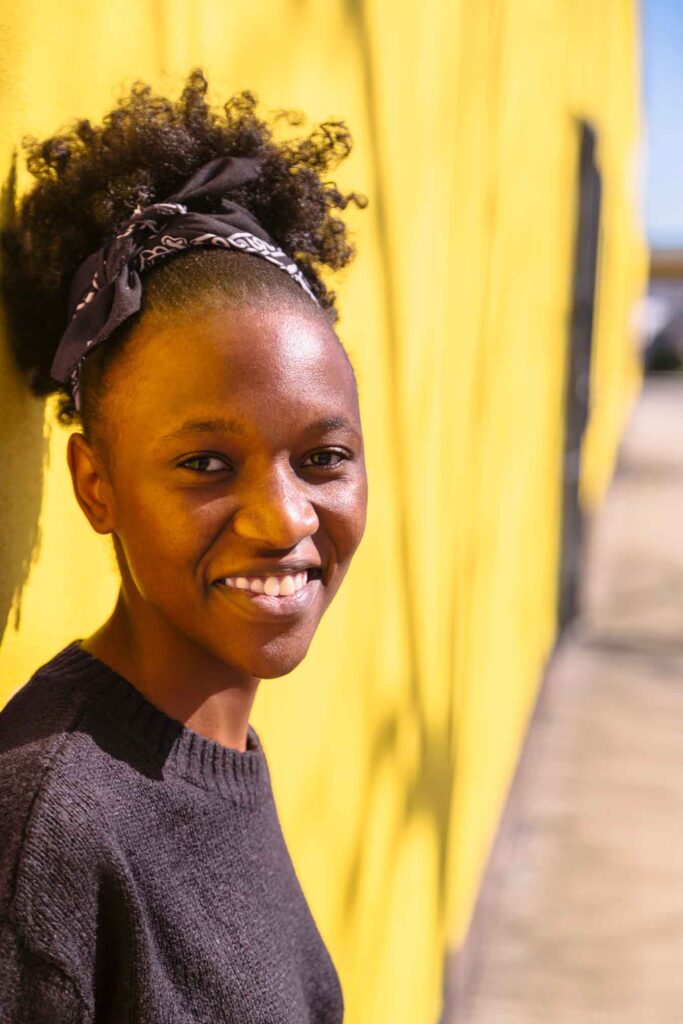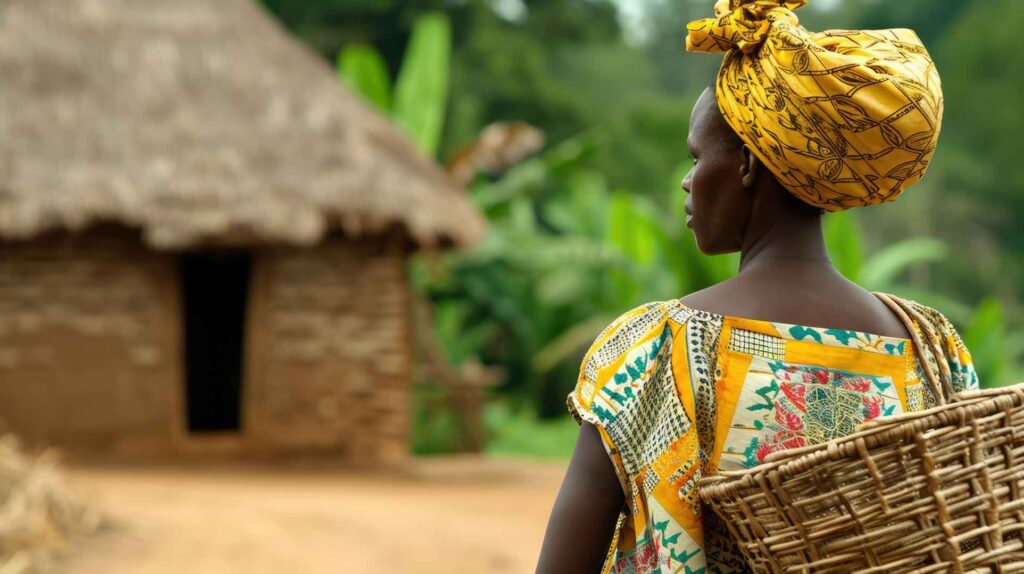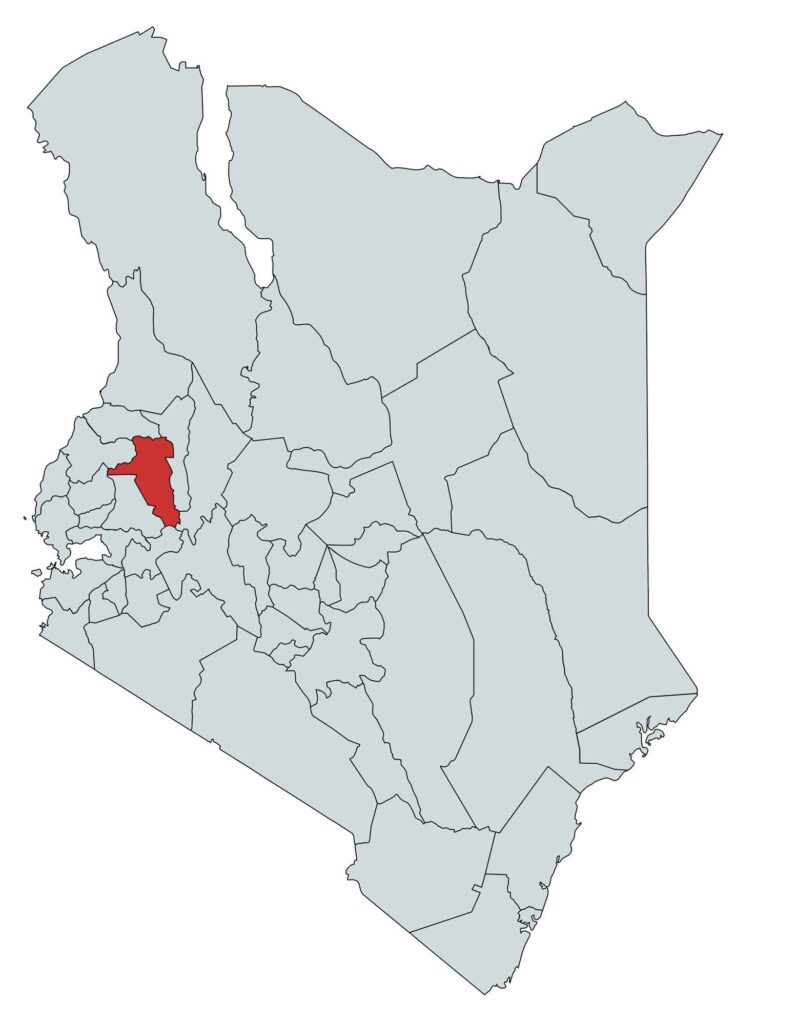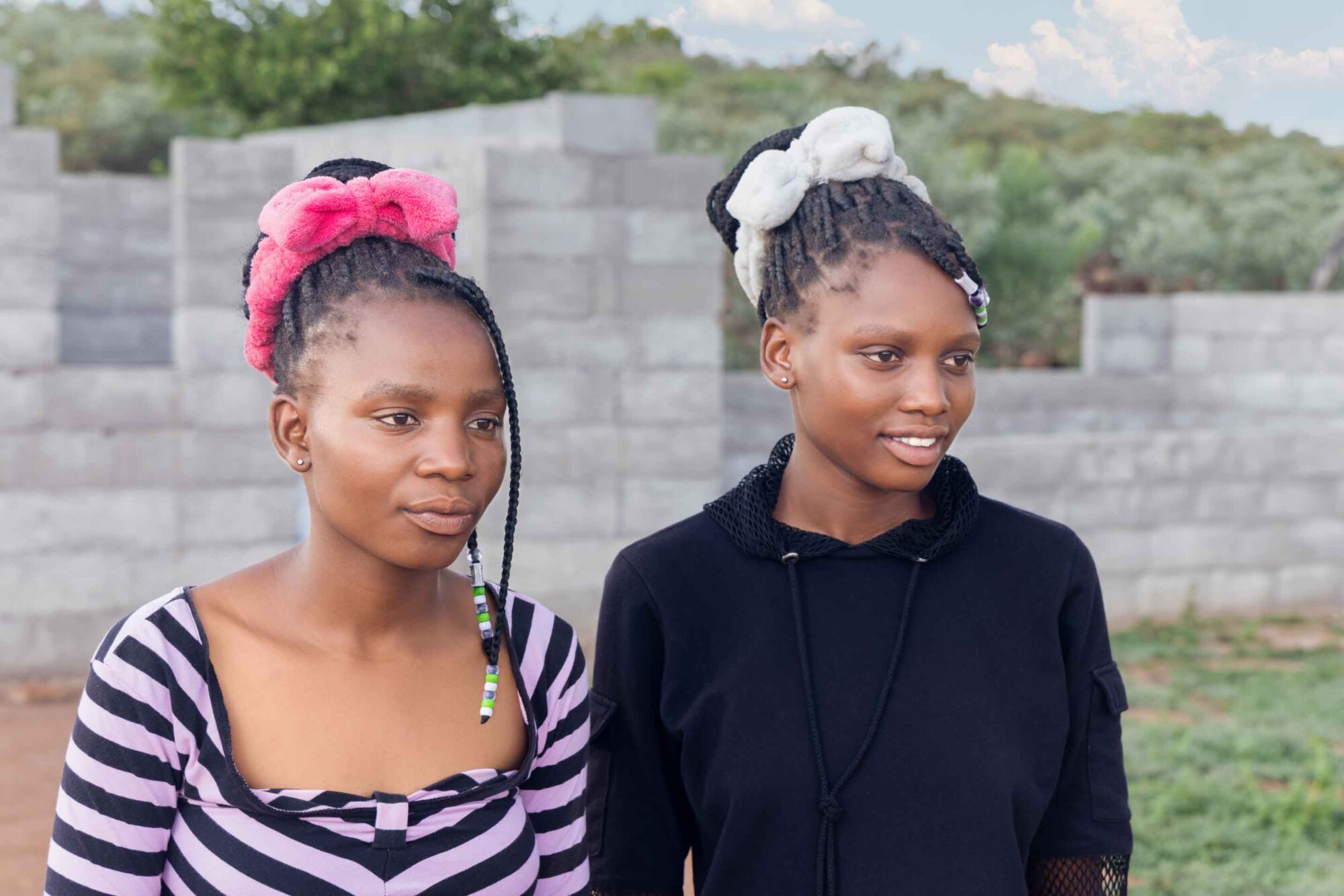OVERVIEW
STUDY DATES: 2022 – 2024
Research Title: Jenga Dada: A group-based intervention to prevent partner violence and unintended pregnancy among women in Kenya
This project aims to develop and preliminarily evaluate an intervention, Jenga Dada, on its feasibility, acceptability, and efficacy to increase women’s and girl’s ability to successfully cope with reproductive coercion (RC), intimate partner violence (IPV), economic abuse, and promote reproductive health and economic self-sufficiency among women participating in economic empowerment groups in rural and peri-urban areas of Uasin Gishu county, Kenya. Jenga Dada is being developed as an innovative hybrid approach based on adaptation and integration of core content from two effective interventions: ARCHES (Addressing Reproductive Coercion in Health Settings) and Girls Invest. ARCHES is a clinic-based contraceptive counseling intervention designed and demonstrated to support voluntary contraceptive use and reduce physical IPV. ARCHES was originally designed in the U.S. and has been adapted to and evaluated, with positive results, in Bangladesh and Nairobi, Kenya, and is currently being adapted for scale-up in public sector facilities in Uasin Gishu county, Kenya. Girls Invest is a mobile health application (mHealth app) with integrated intervention modules on gender, IPV, and financial literacy demonstrated to be feasible and acceptable among adolescent girls in the U.S. and Nigeria (efficacy evaluation ongoing). Jenga Dada combines the information and education from ARCHES and Girls Invest in a group discussion-based curriculum, delivered by a local women’s empowerment non-governmental organization (NGO), that aims to build social support for women, delivered within women’s economic empowerment groups as they move towards economic self-sufficiency, reproductive autonomy, and violence-free relationships.

Study Aims
- To refine Jenga Dada to ensure acceptability and relevance to members of existing women’s economic empowerment groups (Village Savings & Loan Associations) in Uasin Gishu county, Kenya, and pilot the refined model among adolescent and young women (ages 15-24 years) participating in VSLAs in this context.
- To evaluate the effects of Jenga Dada on intermediate reproductive health, GBV (RC/IPV), and economic outcomes. Additionally, to assess feasibility, acceptability, and fidelity of implementation, we will collect and analyze process data and post-program qualitative data among participants and implementers.
WHY?
Over 40% of all pregnancies in Kenya are unintended. Gender-based violence, specifically intimate partner violence (IPV) and reproductive coercion (e.g. male partner behaviors that block women’s use of contraceptives; RC), contributes to unintended pregnancy by reducing girls’ and women’s control over sexual and reproductive decisions. Our recent research in both the U.S. and Kenya indicates that a clinic-based program to assist women and girls with IPV and RC (ARCHES – Addressing Reproductive Coercion in Health Settings) empowers women and girls to leave abusive partners and reduces incident pregnancy. However, the most consistent recommendation of those receiving ARCHES was that this assistance be provided at the community-level, not to only those at the clinic. Our recent work in Kenya indicates that women and girls frequently discuss experiences of IPV and RC, as well as seek support from peers for these issues, in the context of community-level economic empowerment programs, specifically women’s pooled savings and microloan groups (a.k.a., village savings and loan associations [VSLAs]). VSLAs are self-managed, operate in at least 77 countries, and include more than 20 million participants. Increasing economic self-sufficiency, specifically decreasing economic reliance on male partners, has been observed to reduce adolescent girls’ risk of IPV. Notably, both IPV and unintended pregnancy are persistent barriers to participating in economic empowerment programs, including VSLAs. Thus, there is a clear need for development and testing of community-level interventions to address the intersecting issues of unintended pregnancy, IPV/RC, and economic vulnerability.
Principal Investigators (PIs)
Jay G. Silverman, PhD1
Elizabeth Reed, ScD, MPH2
PI Affiliations
1Tulane University, Celia Scott Weatherhead School of Public Health and Tropical Medicine, New Orleans, Louisiana
2San Diego State University
San Diego, California, USA
Partners
Rural Women Peace Link
Population Council Kenya
Women’s Empowerment Link

Location
Eldoret, Kenya

FUNDER: National Institute of Child Health and Human Development (R21 HD105202-01)
Contact us with any inquiries or questions
OUTCOMES
Stay tuned…
Building Research Initiatives Advancing Global Health Equity (BRIDGE) at San Diego State University

